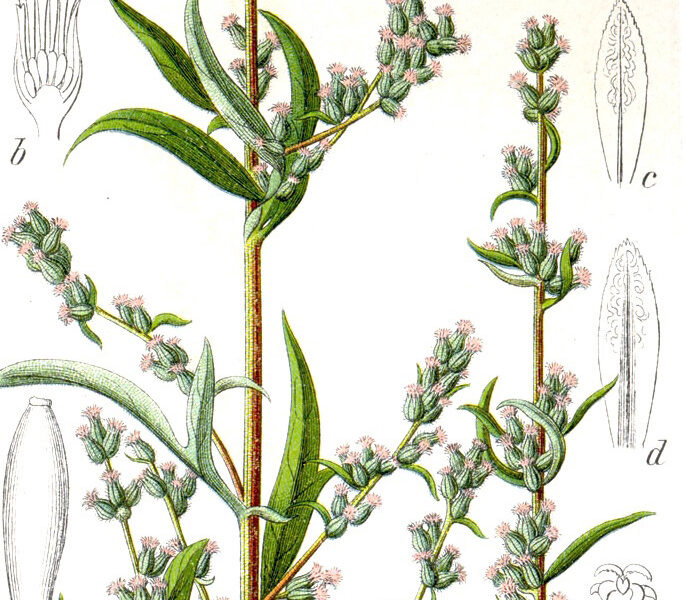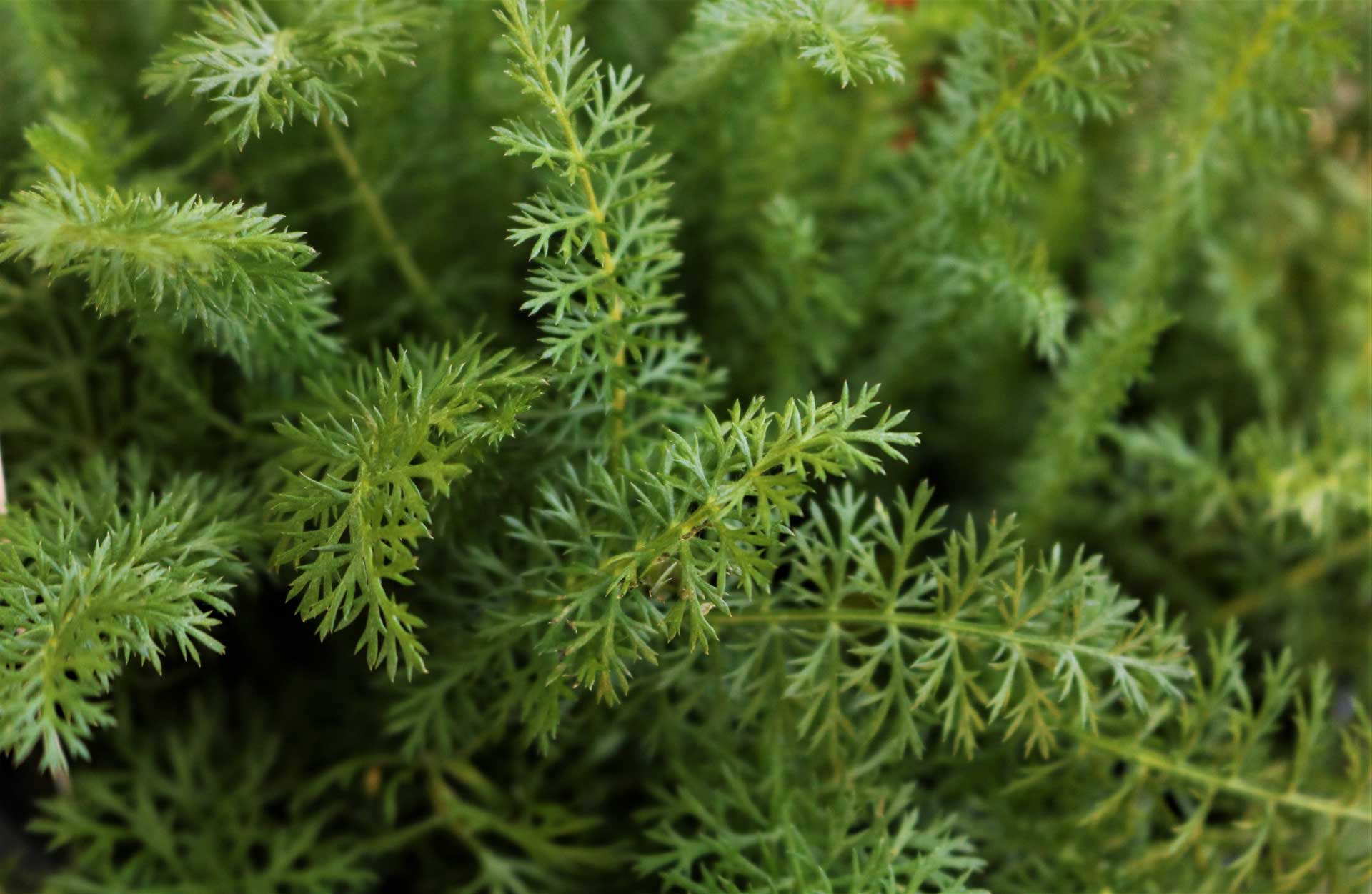Mugwort (Artemisia vulgaris) is a versatile herb with a long history in various cultural traditions for its potential therapeutic and magical properties. Here are some common uses and remedies associated with mugwort:
1. Herbal Remedies:
- Digestive Aid: Mugwort is sometimes used as a mild digestive stimulant, believed to help with indigestion and bloating. It can be taken as an infusion (tea) before or after meals.
- Menstrual Support: Mugwort is thought to have emmenagogue properties, which means it may stimulate menstrual flow. However, pregnant individuals should avoid using mugwort due to potential risks.
- Sleep Aid: Some people use mugwort to help with sleep issues and vivid dreams. It can be consumed as a tea or placed under the pillow.
- Relief from Joint Pain: Mugwort’s anti-inflammatory properties are sometimes used to help alleviate joint pain and discomfort. It can be applied topically as a poultice or used in a bath.
2. Smudging and Spiritual Practices:
- Smudging: Mugwort is commonly used as a smudging herb in various spiritual and cultural practices. Bundles of dried mugwort are burned to cleanse spaces, ward off negative energies, and promote spiritual clarity.
- Dreamwork: Some believe that placing mugwort under the pillow or using it in dream pillows can enhance dreams and aid in lucid dreaming or astral projection.
3. Magical and Ritual Uses:
- Divination: Mugwort is often associated with enhancing intuition and psychic abilities, making it a popular choice for divination practices like scrying and tarot reading.
- Protection: Mugwort is believed to have protective properties, and it is sometimes used in rituals or sachets for warding off negative energies and entities.
- Spiritual Cleansing: Burning dried mugwort can be used to spiritually cleanse tools, spaces, and even the self during rituals and ceremonies.
4. Topical Applications:
- Topical Pain Relief: Mugwort-infused oils or balms can be used topically to provide relief from minor aches, pains, and muscle tension.
- Skin Conditions: Mugwort’s anti-inflammatory properties may also make it useful for soothing certain skin conditions, such as eczema or minor irritations.




